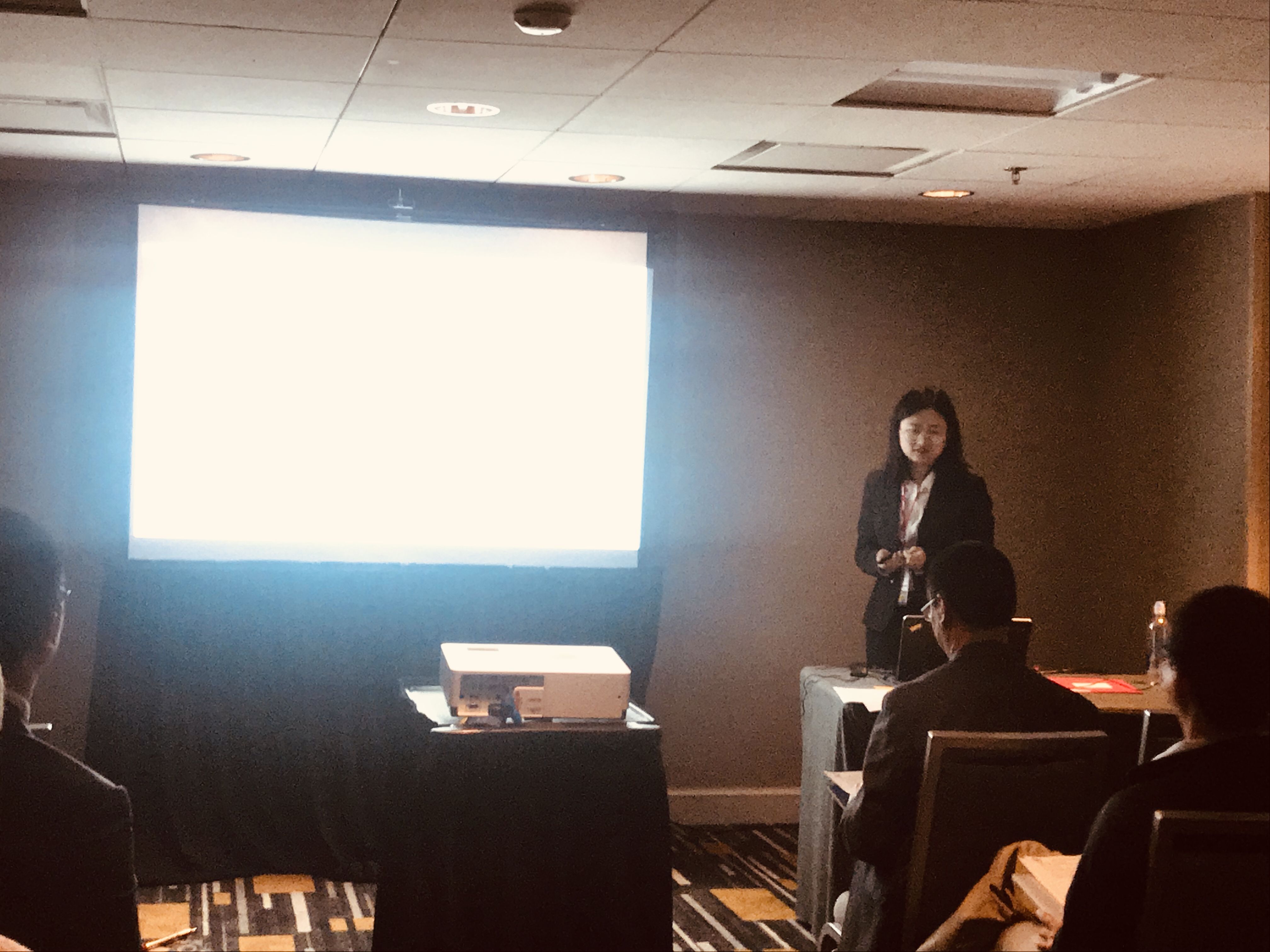Production of 2,3-Butanediol Using Bacillus licheniformis YNP5-TSU from Yellowstone National Park

By Dajun Yu, PhD student, Water INTERface IGEP, advisor Dr. Huang, Virginia Tech
Presented at 2019 Annual International Meeting of the American Society of Agricultural and Biological Engineers in Boston, Massachusetts, USA, July 7-10
2,3-Butanediol (BDO) is an important biochemical that has various industrial applications. It is used to produce other chemicals and materials. It also can be potentially involved in the production of food additives, cosmetics, printing ink, perfumes, drugs and explosives. Current industrial production of BDO using crude oil is facing a crisis due to the gradual exhaustion of crude oil reserves. Therefore, more people are interested in using fermentation of bacteria to produce BDO.
Bacillus licheniformis YNP5-TSU (#YELL-2015-SCI-6074) is a newly-isolated, novel organism from Yellowstone National Park that can produce BDO by using different sugars such as glucose, fructose and sucrose under a higher temperature of 50 ~ 60 ºC. It is non-pathogenic and suitable for industrial-scale production. This organism also has the potential ability to help decompose food waste during the fermentation. The purpose of this study was: 1) to determine the ability of B. licheniformis YNP5-TSU to produce BDO from different concentrations of glucose; 2) to investigate whether B. licheniformis YNP5-TSU can convert food waste materials to BDO.
The results demonstrate that B. licheniformis YNP5-TSU can not only effectively convert glucose to produce BDO, but also use sugars in food waste to produce BDO. This discovery will help recycle the food waste to produce valuable chemicals, increase the value of food waste and promote the sustainability of food industries. In the future, more experiments will be conducted to optimize the fermentation conditions for the maximal production of BDO. Fermentation with different agricultural and food wastes will be tested under this optimized fermentation condition.


